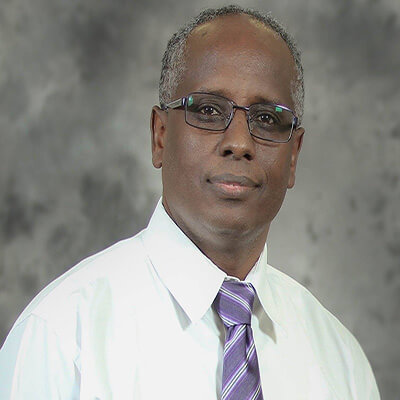
Fentahun Assefa-Dawit
Council Chair of the Ethiopian Jewry Heritage Center - A Government CorporationFentahun Assefa-Dawit was born and raised in Wolleka, a Jewish village near the city of Gondar in Ethiopia. As a child he studied Hebrew and prayed that he could one day make Aliyah to Jerusalem. In 1985, after completing his secondary education, he managed to escape from Ethiopia to Canada with the help of his uncles and the Jewish-Canadian organization JIAS, and moved to Montreal. While there, he served as secretary and chairman of the Association of Ethiopian Jews in Canada and began his engineering studies at Concordia University. In 1994, during his second year at the university, Fentahun decided to make Aliyah to Israel. After his arrival, he completed his studies at the Faculty of Electrical Engineering at the Technion. Fentahun has been engaged in community and social activism for many years. He managed two Jewish Agency absorption centers, which housed more than a thousand new immigrants from Ethiopia. He served as an emissary of Keren HaYesod - United Israel Appeal (UIA) in Australia, where he worked in advocacy and fundraising for rescue, aliyah, and absorption activities. He also served as the CEO of Tebeka, an organization fighting for justice and equality for Ethiopian Israelis. In his role as CEO, Fentahun used legal action to combat racism and discrimination, and worked with the government and police to promote equality before the law and advocate for a more equitable and tolerant society. Additionally, he was involved in developing leadership among the younger generation of Ethiopian Israelis. Fentahun is married to Efrat and is a father of five. He holds a BSc degree in Electrical Engineering from the Technion and speaks Hebrew, English, Amharic, and French.
Council
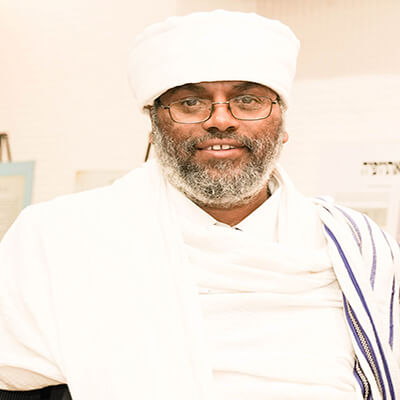
Moshe Baruch
Rosh Yeshiva “Bet israel”
Head of the Research Institute for Ethiopian Judaism
Community rabbi in Ashdod
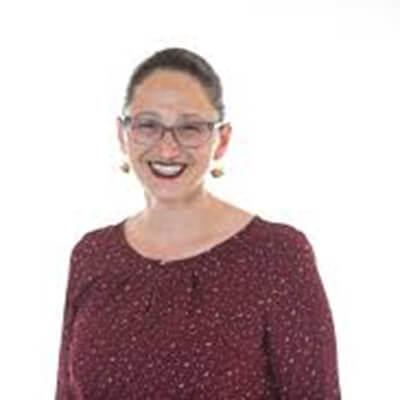
Tira Glinoier
Director of the Division 0f the division of immigrant students and Returning Residents at the ministry of education.
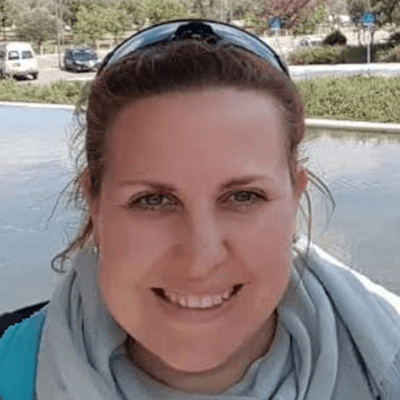
Racheli Kaplan
Strategic Partnerships, Director
ANU – Museum of the Jewish People

Matan Stutao Malada
Budgets for theaters in the Ministry of Culture and Sports
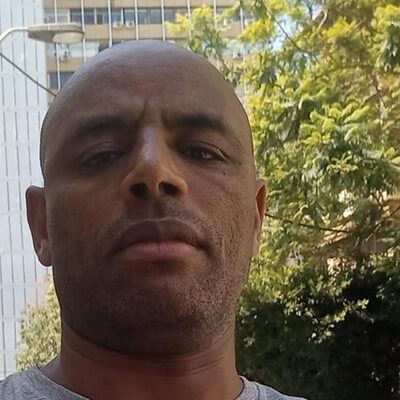
Adam Tesma
Ministry of Aliyah and Integration

Assaf Tractinsky
R&D Director Israel State Archives
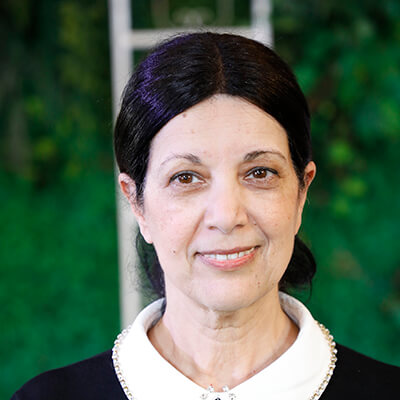
Prof. Rachel Sharaby
Head of the Sociology and Anthropology Department at the Ashkelon Academic College
Scientific Committee
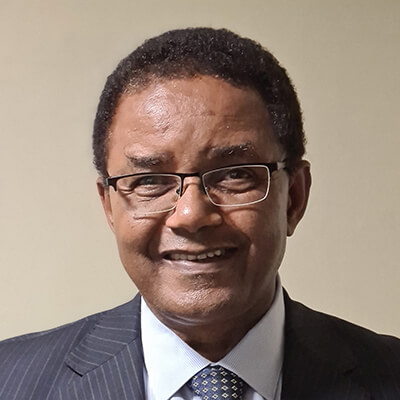
Dr. Anbessa Teferra
Senior Lecturer at Tel Aviv University
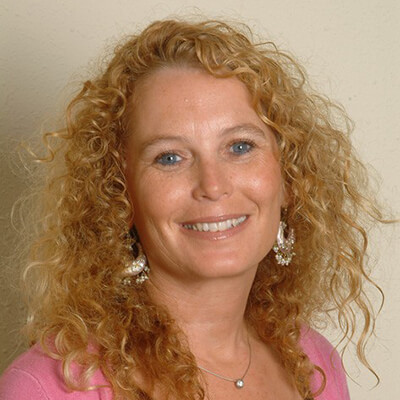
Prof. Galia Sabar
Scholar of African and Migration Studies
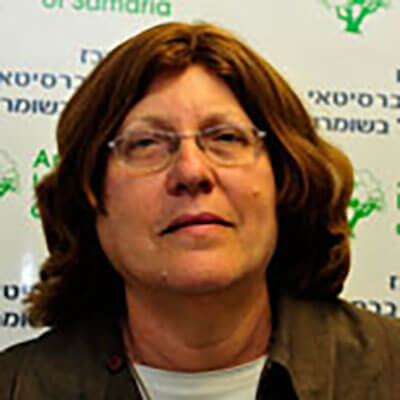
Prof. Leah Bornstein Makovetsky
Associate Professor of Jewish History, Head of the department of Jewish Heritage, Ariel University
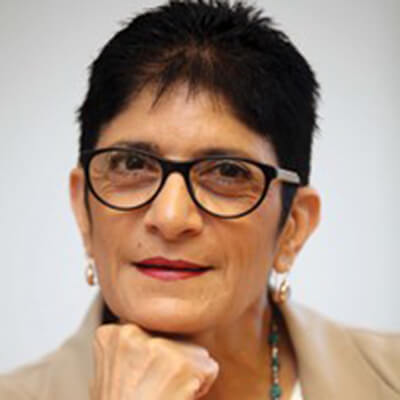
Prof. Bat-Zion Eraqi Klorman
Professor of History
Department of History, Philosophy and Judaic Studies
The Open University of Israel
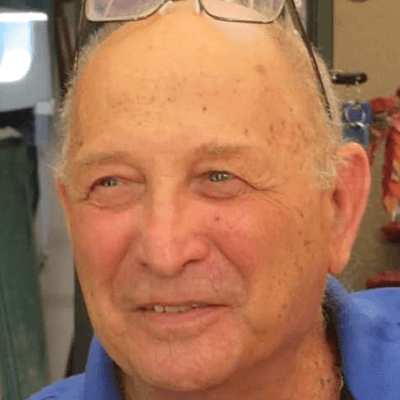
Prof. Haggai Erlich
Professor Emeritus
History of the Middle East and Africa
Tel Aviv University
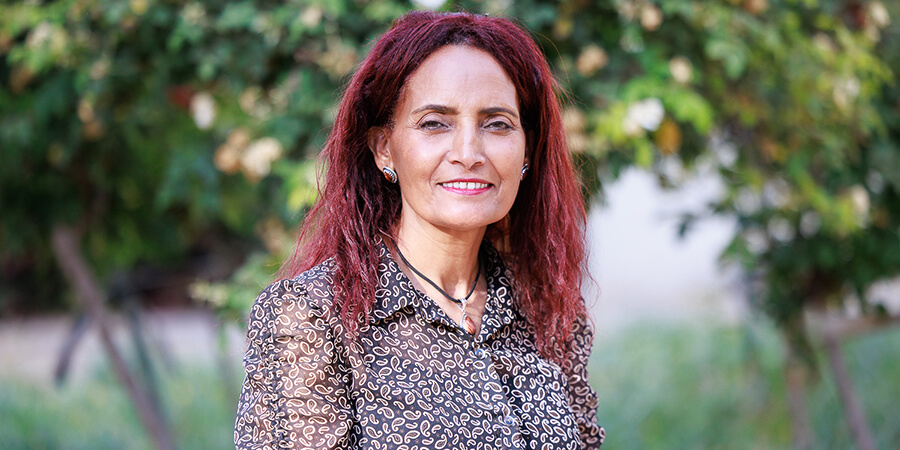
Dr. Simcha Getahune
The core focus of our work as a heritage center is to disseminate knowledge and deepen the research on the captivating history of Beta Israel, in hopes that the community’s story, heritage, and history will become part of the central narrative of Israeli history and will be familiar to all. Therefore, the Center’s primary objective is to establish the historical heritage of Ethiopian Jewry in the national consciousness as an influential culture and partner in shaping Jewish-Israeli identity, including among the next generation of the community itself.
The heritage center hopes to appeal to people of various ages in Israeli society, and to those of Ethiopian descent in particular. The older audience will rediscover – and will sometimes be surprised to find – testimonies, writings, certificates, and letters that will expose them to new elements of life in Ethiopia and enrich their knowledge regarding Beta Israel. The younger audience will be exposed to new stories, learn about its roots, and acquire a sense of pride in their origins. At the same time, the Center is interested in exposing Israeli society at large to the community’s customs, preserved despite the geographic distance and the social challenges.
Beta Israel is a symbol and example of a Jewish community that existed in isolation from world Jewry, yet against all odds, succeeded in preserving its Judaism. It expresses the Jewish emotion – the deeply rooted, spiritual force – that preserved the unity and continuity of the Jewish nation for thousands of years. The essence of the community and its strengths are apparent among the younger generation in Israel, which is forming a strong ethnic identity that expresses the foundations laid by its ancestors.
My hope, as a descendant of the Gideon Kingdom and the chair and founder of the Center for Ethiopian Jewish Heritage, is that the historical, cultural, and educational content curated by the center or with its support will be a source of inspiration and will reflect our unique and collective identity, which is a thread in the tapestry of Israel’s multicultural society. As someone who was raised on the rich heritage, history, language, lifestyle, tradition, food, and culture of Ethiopian Jewry, I would like to now pass these treasures onto future generations. It is my honor and great privilege to serve as the chair and founder of the Center, and I will work to maintain and develop it for the current generation and for generations to come.
Staff

Gadi Geta Melaku
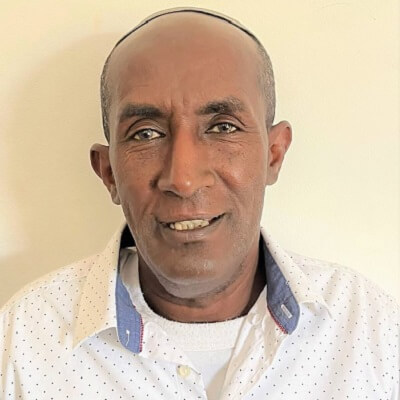
Yosi Mengstu
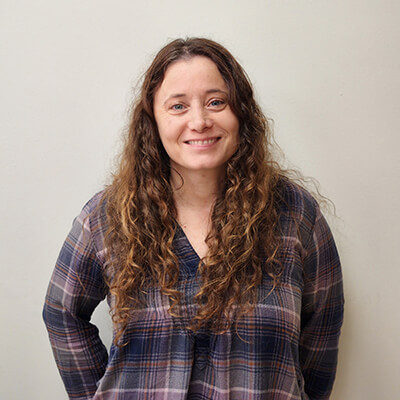
Vicky Hendelman
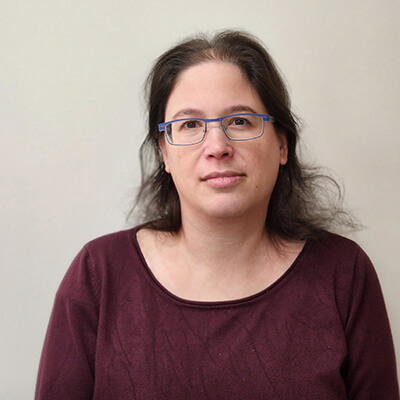
Tamar Garden


